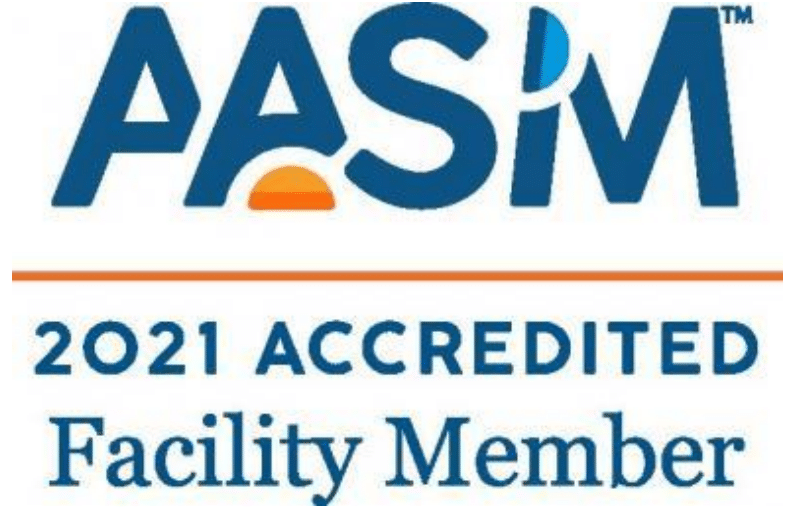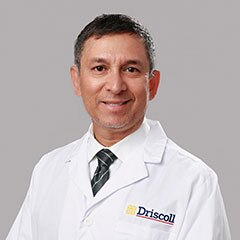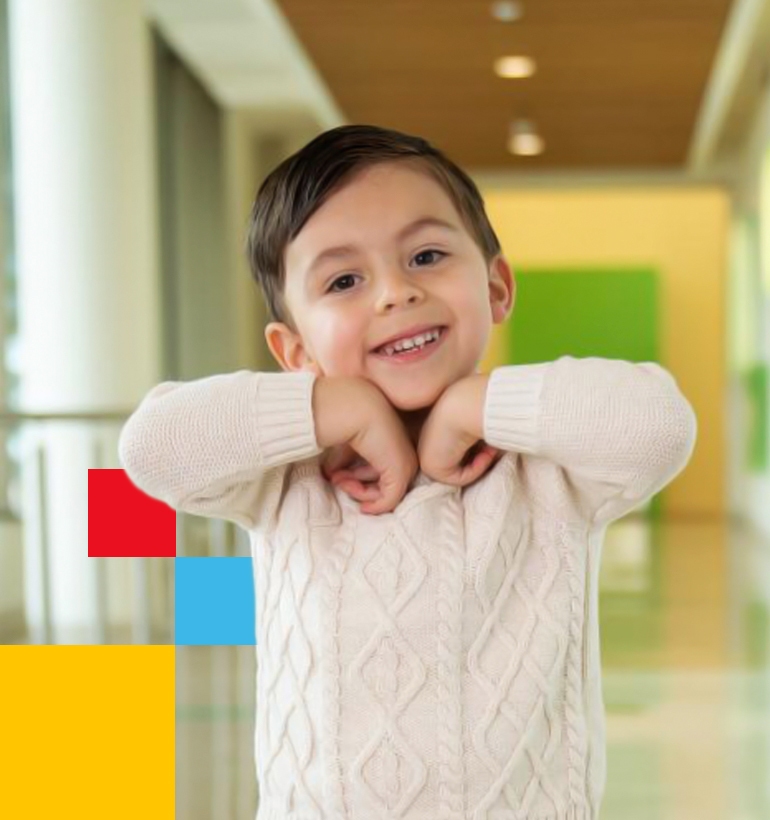Driscoll Children’s Hospital Pediatric Sleep Center
This full-service, exclusively pediatric sleep center is here to deliver complete care for all
pediatric sleep disorders.
About the Sleep Center
Our Sleep Center is located in Driscoll Children’s Hospital in Corpus Christi. Patients can be
treated in person or via In-Touch, our telehealth platform used in satellite clinics.
How it Works
Your sleep doctor will perform a clinical evaluation and develop a sleep care plan for your child based on the concerns of the parents/caregivers and the primary care provider. The sleep care plan can include diagnostic testing such as a sleep study, strategic behavioral changes, referral to various specialties such as ENT and clinical follow-ups.
We manage all pediatric sleep disorders. In addition, we can help caregivers recognize when a
child’s particular sleep can be considered developmentally appropriate or a variant of normal,
and when further evaluation is needed.
- Obstructive sleep apnea
- Central sleep apnea
- Obesity hypoventilation syndrome
- Restless leg syndrome
- Periodic limb movement disorder
- Sleep walking
- Night terrors
- Narcolepsy
- Insufficient sleep
- Insomnia
- Sleep-wake schedule disturbances
- Mask fitting: a. Our experienced sleep techs work with the patient to find the right mask and size and ensure adequate fit and patient comfort. b. This has greatly improved the patients’ tolerance of CPAP during the ‘CPAP Titration’ studies. c. We revisit the patient’s fit and comfort with their mask at each subsequent CPAP clinic visit.
- CPAP desensitization: a. Our sleep tech places the patient on a CPAP machine and tries various CPAP levels to assess patient tolerance of the pressure. b. The sleep tech works with the patient on strategies to improve tolerance of pressures. c. If needed, a gradual desensitization plan for the home is established with the patient with adequate follow-up.
- CPAP Download review: a. Review of usage date from the patient’s CPAP device. b. This can help identify when a repeat titration study is needed or if the device settings need to be changed.
- Patient’s equipment care and maintenance: a. Our sleep tech briefly inspects the patient’s device for obvious faults and ensures our recommended settings are correctly programmed by the patient’s DME company. b. Our tech reviews device, mask and tubing maintenance care and cleaning with the patient.
- The right mode of therapy (CPAP vs BiPAP, etc.) and the right pressures.
- The right interface (pillows vs nasal vs full face masks), right model and right size.
- Patient comfort, understanding, adherence and response to therapy.
- Ongoing follow-up.
Day 1
- Initial Sleep Clinic consult evaluation
- Diagnostic sleep study that same night (Night 1)
- Clinic follow-up to review results of the diagnostic sleep study
- Mask fitting and CPAP desensitization–if indicated
- CPAP/BiPAP titration sleep study–if indicated (Night 2)
- Review the chart and determine what testing is needed.
- Obtain the necessary prior authorization from your insurance carrier.
- Complete the coordinated scheduling of your sleep visits and sleep studies.
- Let your PCP know if you are interested in being referred to the Driscoll Pediatric Sleep Center for a Coordinated Sleep Evaluation.
Sleep Study: What to expect
A sleep study, also known as a Polysomnography, involves monitoring the sleep of your child to
evaluate for various sleep disorders. While there are a lot of wires involved, as well as a lot of
sticky pads, the procedure is painless.
The setup for the sleep study includes:
- EEG leads to monitoring brain waves during sleep
- Sensors on the nose to monitor airflow
- ECG sticky pads to monitor the heart rhythm
- Stretchy belts for breathing movements
- Sticky pads for muscle tone
- Oxygen and CO2 sensors
- Video recording for parasomnias, seizures and safety
Getting to Your Sleep Study
A sleep study is an overnight test. A caregiver will have to stay with the patient for the duration of the study.
- Please arrive at the lobby of Driscoll Children’s Hospital at 3533 S Alameda St, Corpus Christi at the time specified in your appointment (between 7:30–8 p.m.) This is known as the Emergency Room entrance. Please let the Welcome Center know that you are here for your sleep study. The sleep tech will then meet you and your child and escort you to our Sleep Center on the 8th floor.
- Study usually ends in the early morning, around 5:30–6 a.m.
- While COVID precautions remain in effect, a COVID test needs to be done prior to the study. When scheduling the sleep study, you will be guided as to when and where you can obtain COVID testing.
- If you need to reschedule your sleep study, please call (361) 694-4679 or (361) 694-4447 as soon as you can.
- If you do not show up to your sleep study appointment without informing the Sleep Center, you will be required to return to the Sleep Center before another sleep study can be scheduled.
How to prepare for a Sleep Study
- Your child should wear comfortable, loose, two-piece pajamas.
- If your child has a particular pillow they always sleep on, consider bringing it with you.
- Setup takes approximately one hour. The study will run until about 6 a.m. the next morning.
- The caregiver is encouraged to bring a full set of sleepwear as well, as they will also spend the night.
- Please bring diapers and all personal care items as needed.
- Plan on having dinner prior to arrival, as we do not provide dinner. A small snack such as crackers may be arranged if needed.
- For patients who require milk or formula at night, please make sure to bring it with you.
For Sleep Clinic Referrals
- Fax referral to: 361-694-6955
- Participating providers can also place sleep referrals in the Driscoll Health Plan Portal.
For Providers Referring Traveling Patients to Schedule a CSE
- Fax CSE referral form to: 361-808-2789
- To download the CSE referral form
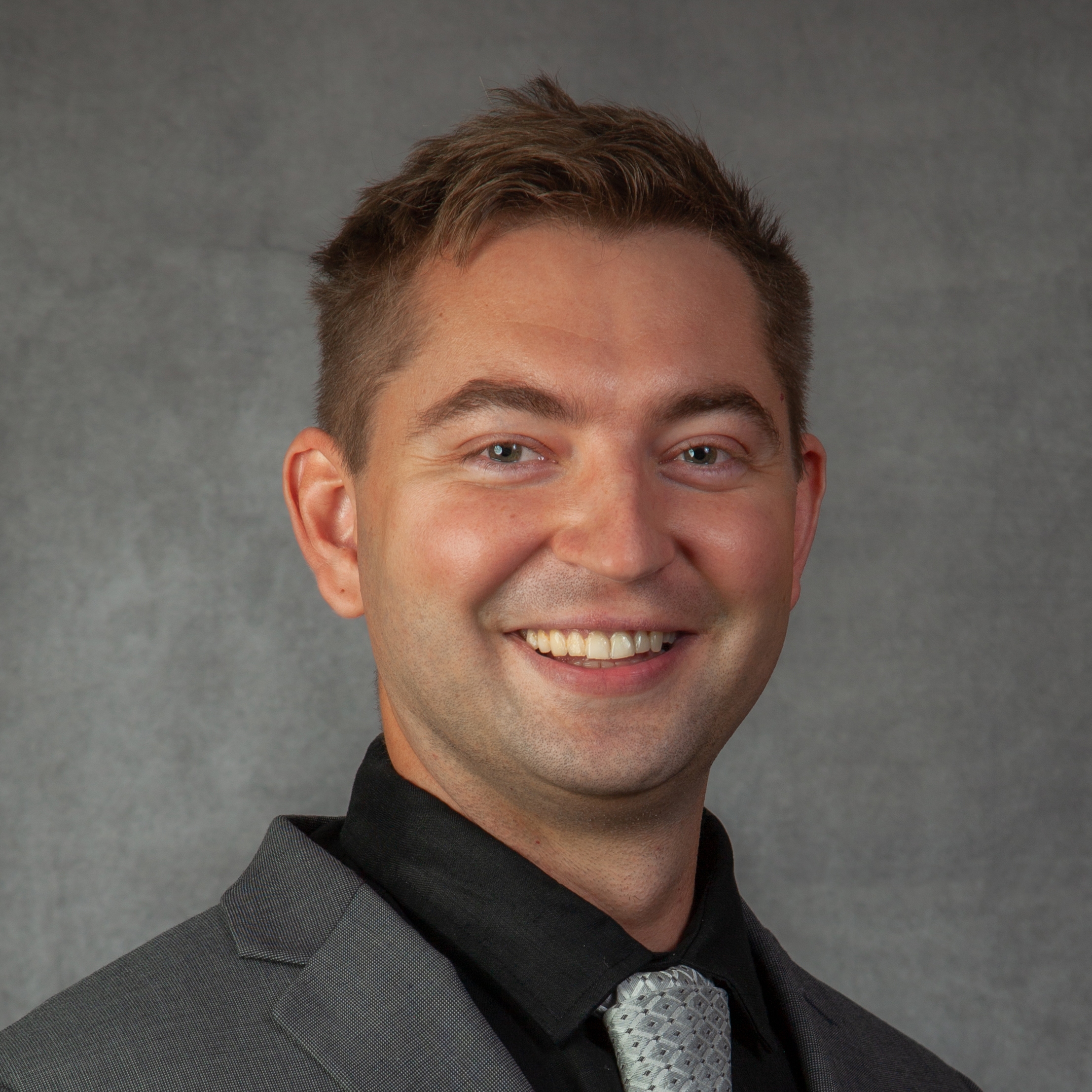
RPSGT
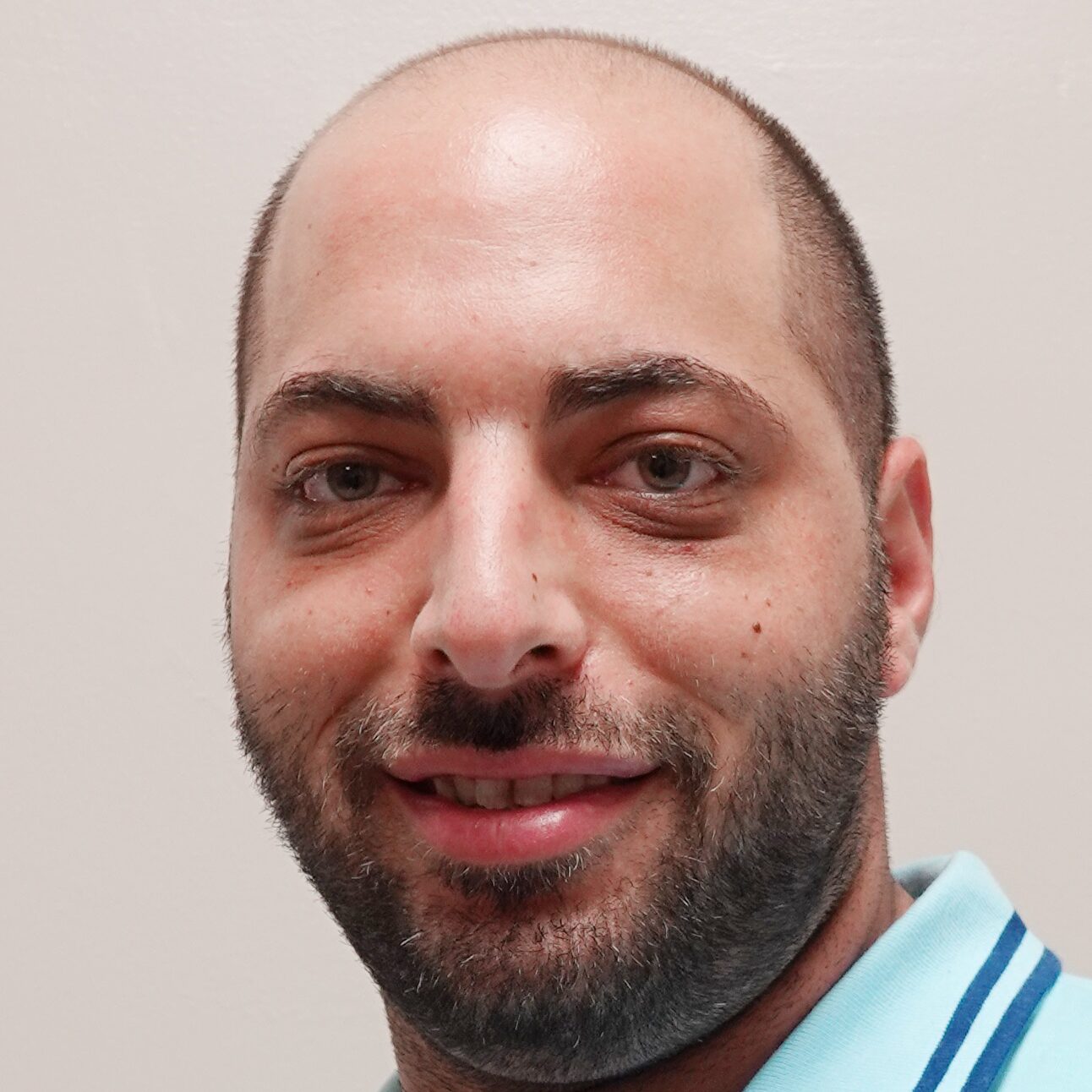
RPSGT
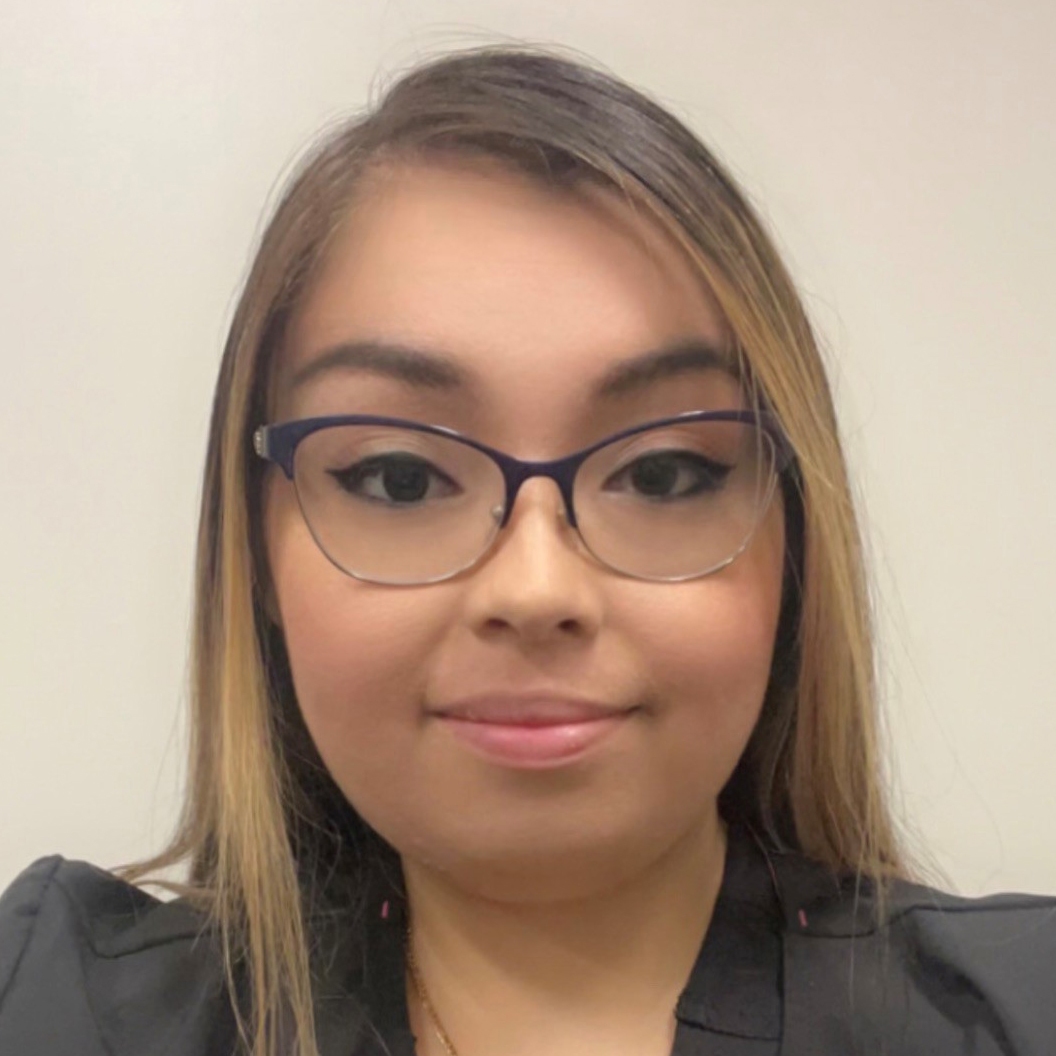
Technologist
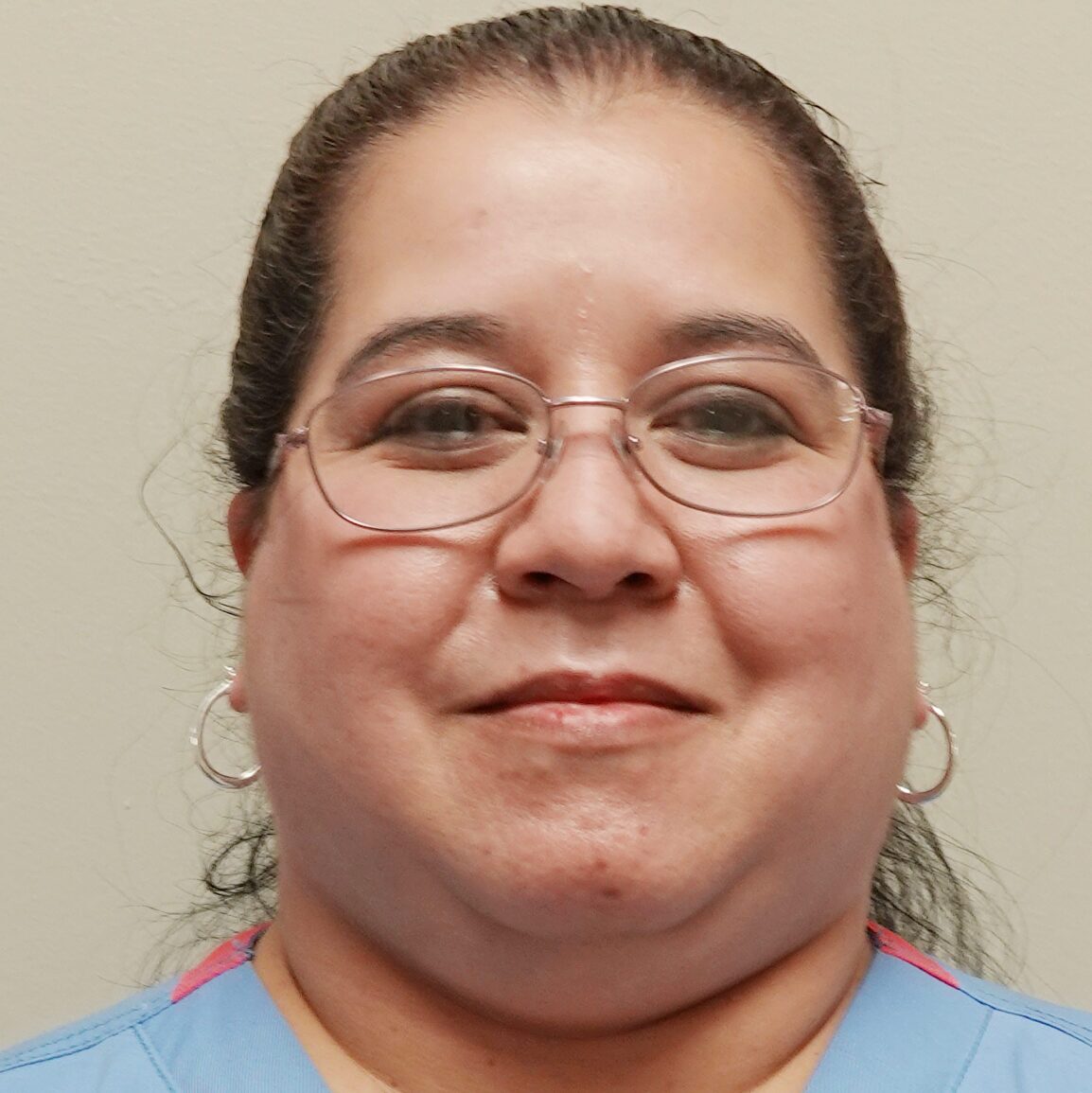
RPSGT
Technologist
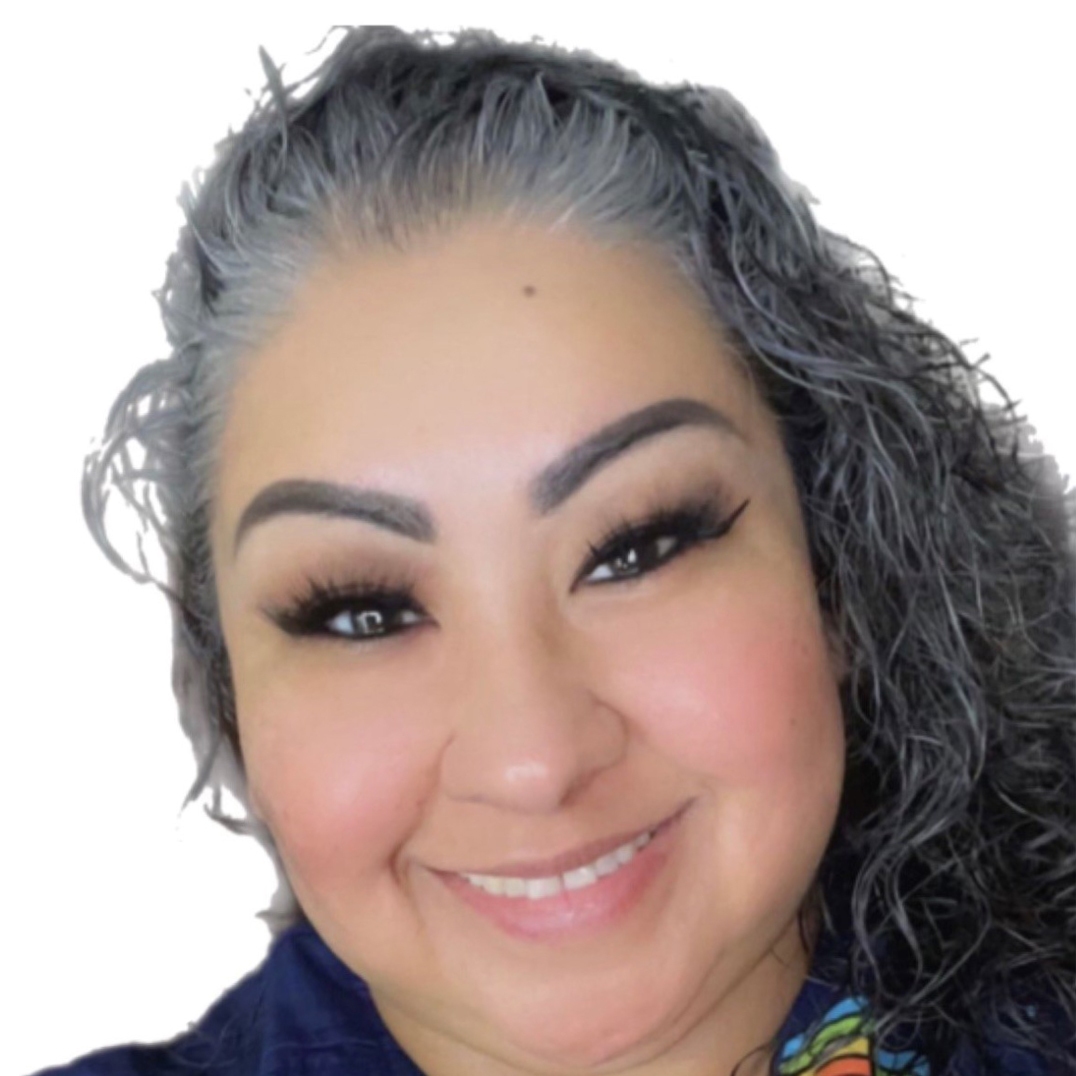
RPSGT
Technologist
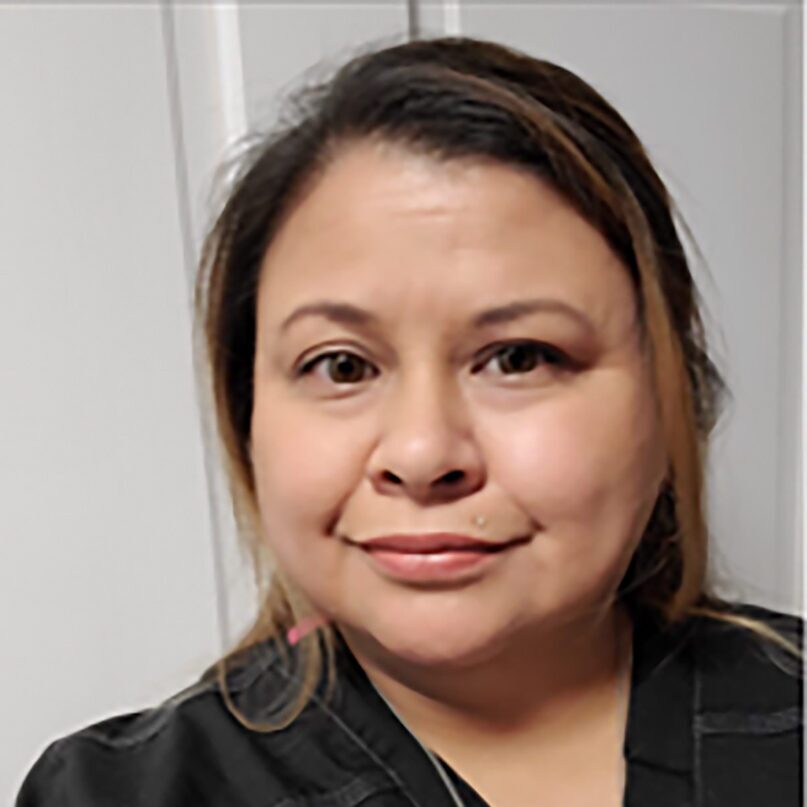
RPSGT
Technologist
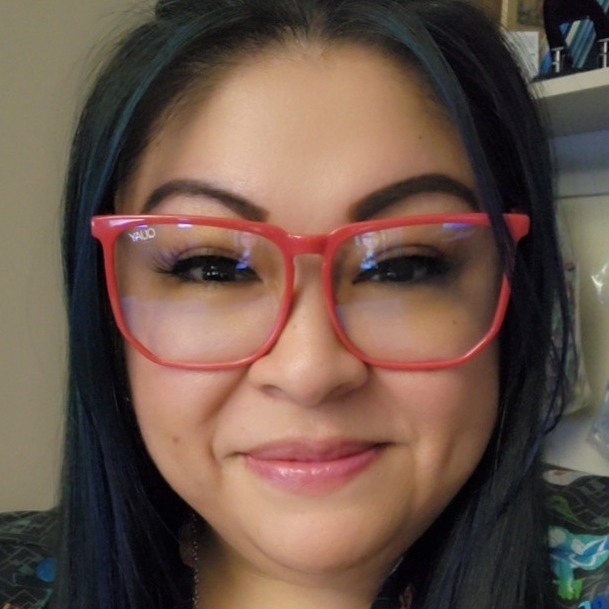
CRT, SDS
Technologist
Seamless Specialist Care
Contact any of our specialty clinics to schedule a convenient one-day visit to all your child’s specialists.
Call 361-694-5000 or your
specialty clinic.

